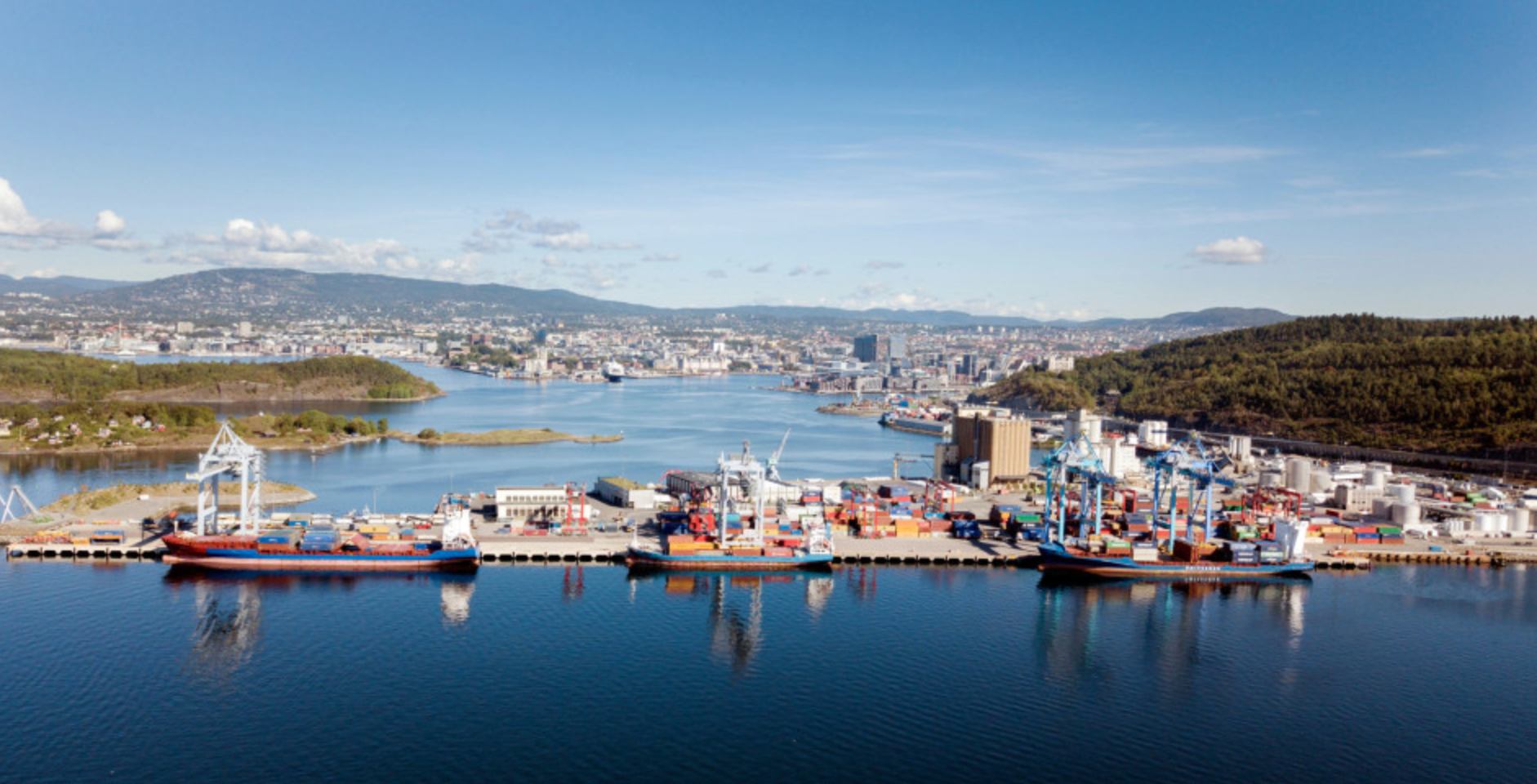
Leading technology solutions supplier joins the ‘Norwegian Digital Port Infrastructure’ project whose chief aim is to enhance the efficiency and environmental footprint of ports throughout the country.
The project will establish a comprehensive digital infrastructure that will be made available to all ports in Norway, including digital tools to handle and process port data and to prepare for future autonomous port operations. The project this autumn secured robust funding of NOK 28m (Euros 2.7m) from state agency the Norwegian Coastal Administration.
The Port of Oslo is leading the initiative alongside the ports of Arendal, Kristiansund, Båtsfjord, Kristiansand, Bergen, Karmsund, Trondheim and Bodø. They will work together on the development of new operational tools with the Norwegian Mapping Authority and Grieg Connect, which already supplies port and terminal operating systems to around 50 Norwegian ports.

Enhancing capacity
“The project aims to streamline capacity utilisation in Norwegian ports through simplifying and improving communication with vessel traffic. The new digital tools will lead more effective port calls and reduced time at the quayside, contributing to Norwegian ports’ ambitious climate goals”
— Ingvar M Mathisen, CEO, Port of Oslo

Digital insight
“With this project, ports are taking a major step towards the shipping traffic of the future. The digital mapping solution we will create with the Norwegian Mapping Authority will simplify the entire port call process and provide continuous oversight of all port activities and resources. In addition, we will work with the project partners to develop a ‘digital quay’ enabling autonomous vessel and cargo operations, which will serve as the foundation of future port digital twins. Port supervisors will get new tools for planning and communication with both vessels and all stakeholders visiting the ports,”
— Anne Cecilie Rueness, Grieg Connect
Advanced port management
Email communication will be substituted with digital booking of quays and services. Port access and security will be managed using mobile apps and electronic visitor logs. National standards for port data will be established for all ports, and non-sensitive port data will be openly available in the Norwegian Mapping Authority database. This will provide the basis for new countrywide services for all vessel traffic.
“Increased efficiency and reduced emissions will be the greatest outcomes, serving to strengthen Norway as a shipping nation and its leading position in maritime technology,” Rueness said.
Cost savings
The introduction of a new digital infrastructure is estimated to lead to a 20% reduction in turnaround time for cargo ships and tankers over a 10-year period, as well as an 18% reduction in waiting time for logistics vehicles. Cost savings for ships and trucks visiting ports are calculated at NOK 86m in the full first year of operation (2022) and a total of NOK 6.8bn over 10 years. The volume of emissions reduction is estimated at 1,234,158 tons of CO2 equivalents over the same period.
Public-private partnership
The project is costing NOK 32.5m in total, with the nine participating ports and Grieg Connect themselves contributing NOK 4.5m of the investment funding.
